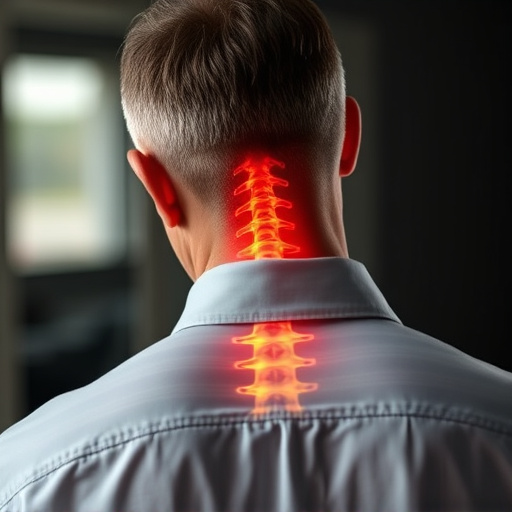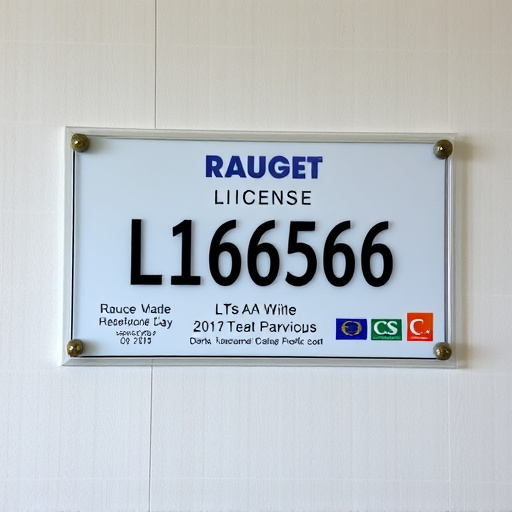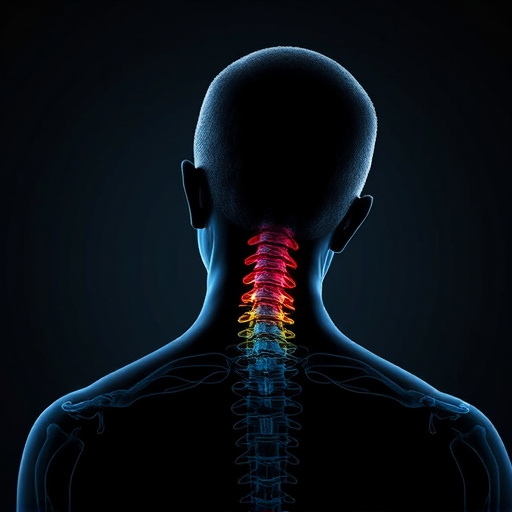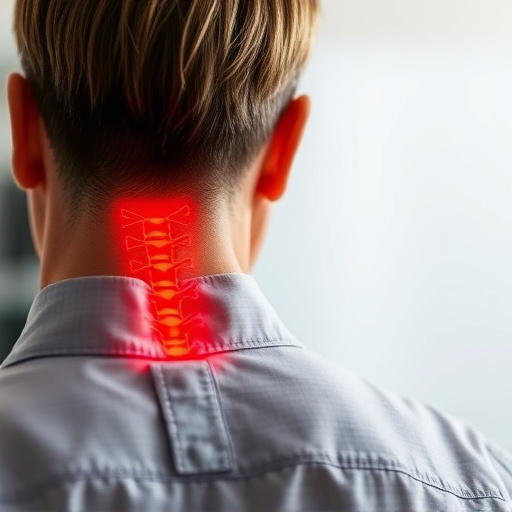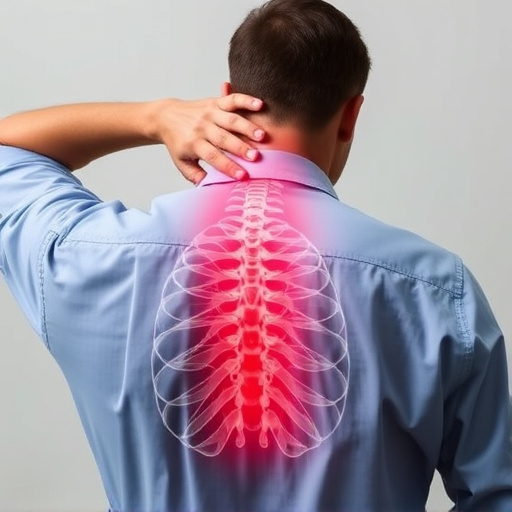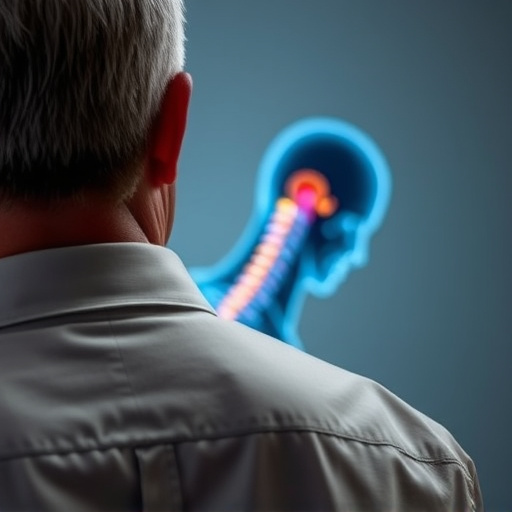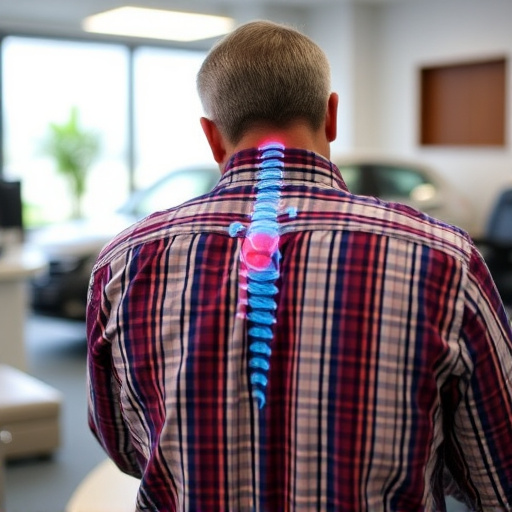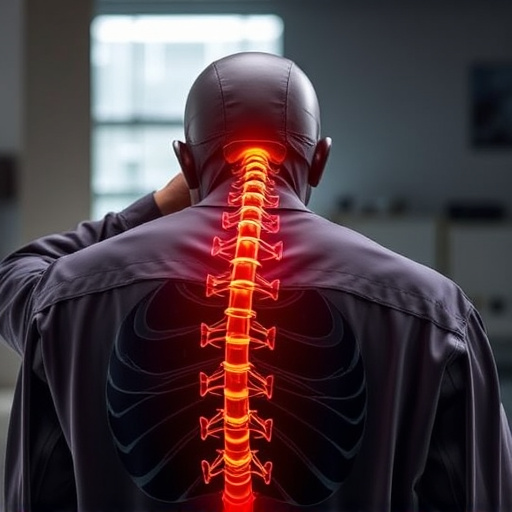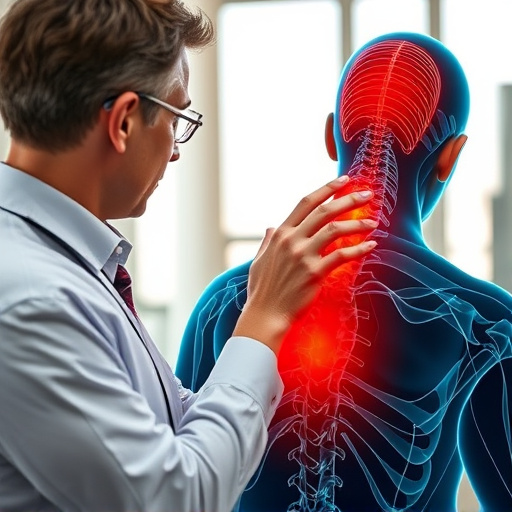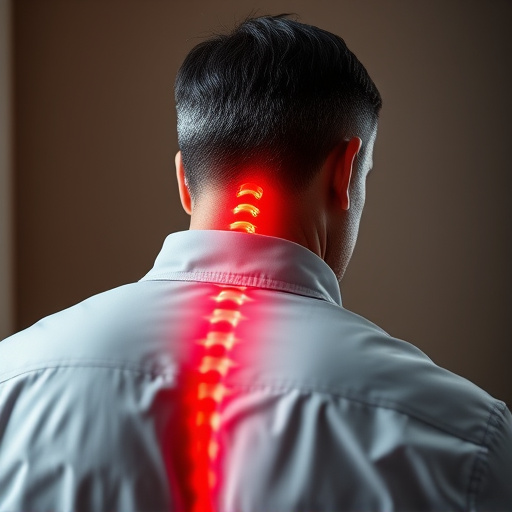Traffic incidents can cause significant trauma with varying impacts based on crash severity, injuries, and personal context. Immediate medical care is crucial through PIP (Personal Injury Protection) insurance's 14-day rule, covering financial assistance, medical benefits, rehabilitation, and mental health support. Understanding this rule is vital for prompt recovery, proper documentation, and navigating legal aspects of claims. Consulting professionals ensures victims receive adequate support, including tailored rehabilitation programs and legal advocacy.
In the aftermath of a traffic incident, healing and recovery are paramount. This comprehensive guide explores the essential services and considerations for individuals navigating post-crash care. From understanding the profound impact of such events on mental and physical health to deciphering legal complexities, we cover crucial aspects. Key topics include the role of PIP insurance in covering immediate medical needs and benefits, demystifying the 14-day rule for claims and treatment, and accessing emergency medical services promptly. Moreover, we delve into supportive rehabilitation programs facilitating holistic recovery and offer insights into legal considerations for a seamless claims process.
- Understanding the Impact of Traffic Incidents on Individuals
- The Role of PIP Insurance in Coverage and Benefits
- Unraveling the 14-Day Rule: Timing for Claims and Treatment
- Accessing Emergency Medical Services After a Crash
- Supportive Rehabilitation Programs for Physical and Emotional Recovery
- Legal Considerations and Navigating Claims Process Post-Incident
Understanding the Impact of Traffic Incidents on Individuals
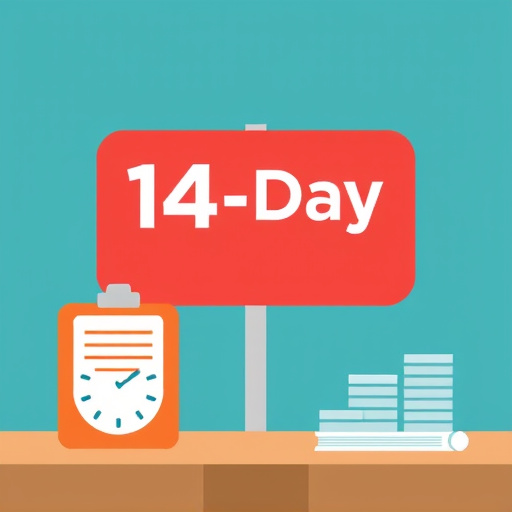
Traffic incidents can have profound and lasting effects on individuals, often leading to physical, emotional, and psychological trauma. The impact varies widely depending on the severity of the crash, the injuries sustained, and personal circumstances. Many victims experience shock and disbelief immediately after, followed by a range of intense emotions such as fear, anger, guilt, or depression. These initial reactions are natural and part of the healing process.
Understanding the complexity of these impacts is crucial when considering recovery services. The 14-day rule associated with PIP (Personal Injury Protection) insurance in some jurisdictions provides a framework for immediate medical attention and coverage. However, it’s important to remember that healing is not solely physical. Emotional well-being plays an integral role in recovery, especially as individuals navigate the often labyrinthine process of legal claims and insurance adjustments. Effective healing requires a holistic approach that addresses both immediate medical needs and long-term psychological support.
The Role of PIP Insurance in Coverage and Benefits

In the aftermath of a traffic incident, understanding your coverage and benefits is crucial for navigating the healing and recovery process. PIP (Personal Injury Protection) insurance plays a pivotal role in providing financial assistance and medical coverage for individuals involved in such accidents. One key aspect of PIP insurance is the 14-day rule, which dictates that healthcare services related to the injury must be initiated within a specified timeframe to ensure reimbursement. This time-sensitive nature underscores the importance of seeking immediate medical attention post-incident.
The benefits of PIP insurance extend beyond initial treatment. It often covers various aspects of recovery, including rehabilitation services, physical therapy, and even mental health support. By facilitating access to these resources, PIP insurance empowers individuals to focus on healing rather than financial constraints. This holistic approach ensures that victims can regain their physical and emotional well-being, ultimately contributing to a smoother transition back into daily life after a traumatic traffic incident.
Unraveling the 14-Day Rule: Timing for Claims and Treatment
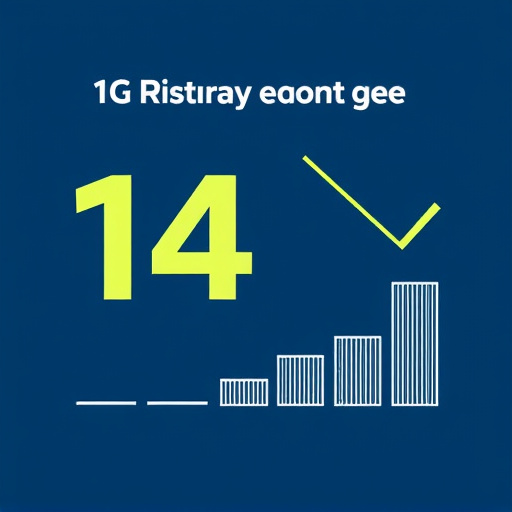
After a traffic incident, understanding the timeline for claims and treatment is crucial. The 14-day rule, often associated with PIP (Personal Injury Protection) insurance, dictates that individuals involved in such incidents should seek medical attention within 14 days to ensure their claims are valid. This period is not just about attending to physical injuries; it’s also a legal requirement for documenting initial symptoms and beginning the recovery process.
Delving deeper into this rule, the 14-day window promotes proactive healing and recovery. It encourages victims to receive necessary treatments, from minor injuries to more severe ones, under the supervision of medical professionals. This early intervention can significantly impact long-term health outcomes. Additionally, it provides a structured timeline for insurance claims, ensuring that all necessary documentation is in order and facilitating smoother processes for compensation or reimbursement.
Accessing Emergency Medical Services After a Crash

After a traffic incident, accessing emergency medical services is crucial for immediate care and long-term recovery. The first step is to ensure everyone’s safety and call 911 if necessary, even for minor collisions. Emergency responders will assess injuries, provide initial treatment, and transport individuals to hospitals if required. This prompt action can significantly impact the prognosis of those involved.
In many places, PIP (Personal Injury Protection) insurance plays a vital role in covering medical expenses during this critical period. According to the 14-day rule, policyholders typically have 14 days to seek medical attention following a crash. Promptly accessing healthcare services not only aligns with this rule but also facilitates a smoother recovery process by ensuring proper documentation and treatment for all injuries.
Supportive Rehabilitation Programs for Physical and Emotional Recovery
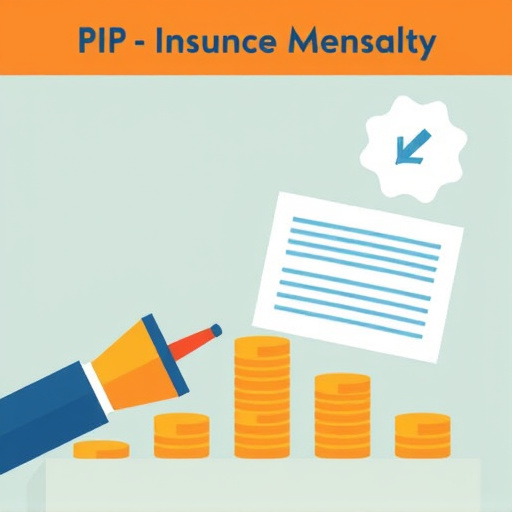
In the aftermath of a traffic incident, individuals often face not only physical injuries but also significant emotional trauma. Supportive rehabilitation programs play a pivotal role in facilitating holistic recovery. These programs are designed to cater to both the physical and psychological needs of those affected, helping them navigate the challenges post-accident. One key aspect is ensuring access to comprehensive care within a structured yet flexible framework.
Rehabilitation specialists recognize that every individual’s journey to recovery is unique. Therefore, personalized plans are created, focusing on physical therapy for injury healing and mental health support for emotional well-being. Additionally, understanding the legal aspects, such as PIP insurance and the 14-day rule, is essential for victims. These programs offer not just medical care but also advocacy, ensuring individuals receive the necessary resources and compensation they are entitled to under the law during their recovery process.
Legal Considerations and Navigating Claims Process Post-Incident
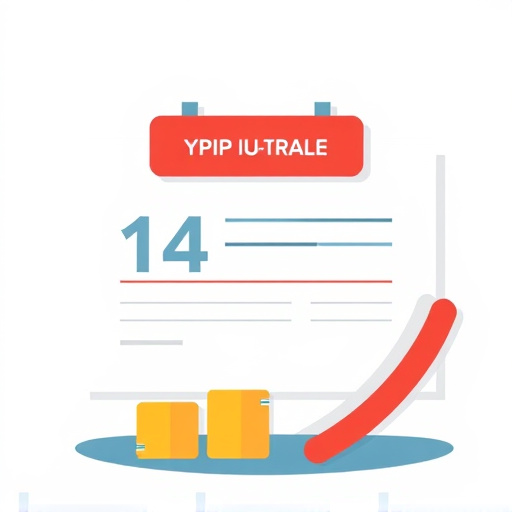
After a traffic incident, individuals often face not only physical injuries but also complex legal and financial matters. One crucial aspect to consider is understanding the PIP (Personal Injury Protection) insurance 14-day rule. This period requires policyholders to notify their insurance providers about any potential claims within a specified timeframe, typically two weeks post-incident. Failure to comply with this rule may result in the denial of benefits or reduced compensation for medical expenses and other related costs.
Navigating the claims process can be challenging, especially when dealing with injuries that may not fully manifest immediately. It’s essential to gather all necessary information, including police reports, medical records, and witness statements. Additionally, staying informed about one’s legal rights and obligations is vital. Engaging with a legal professional experienced in traffic incident cases can provide much-needed guidance, ensuring individuals receive the support and compensation they deserve throughout the claims process.
